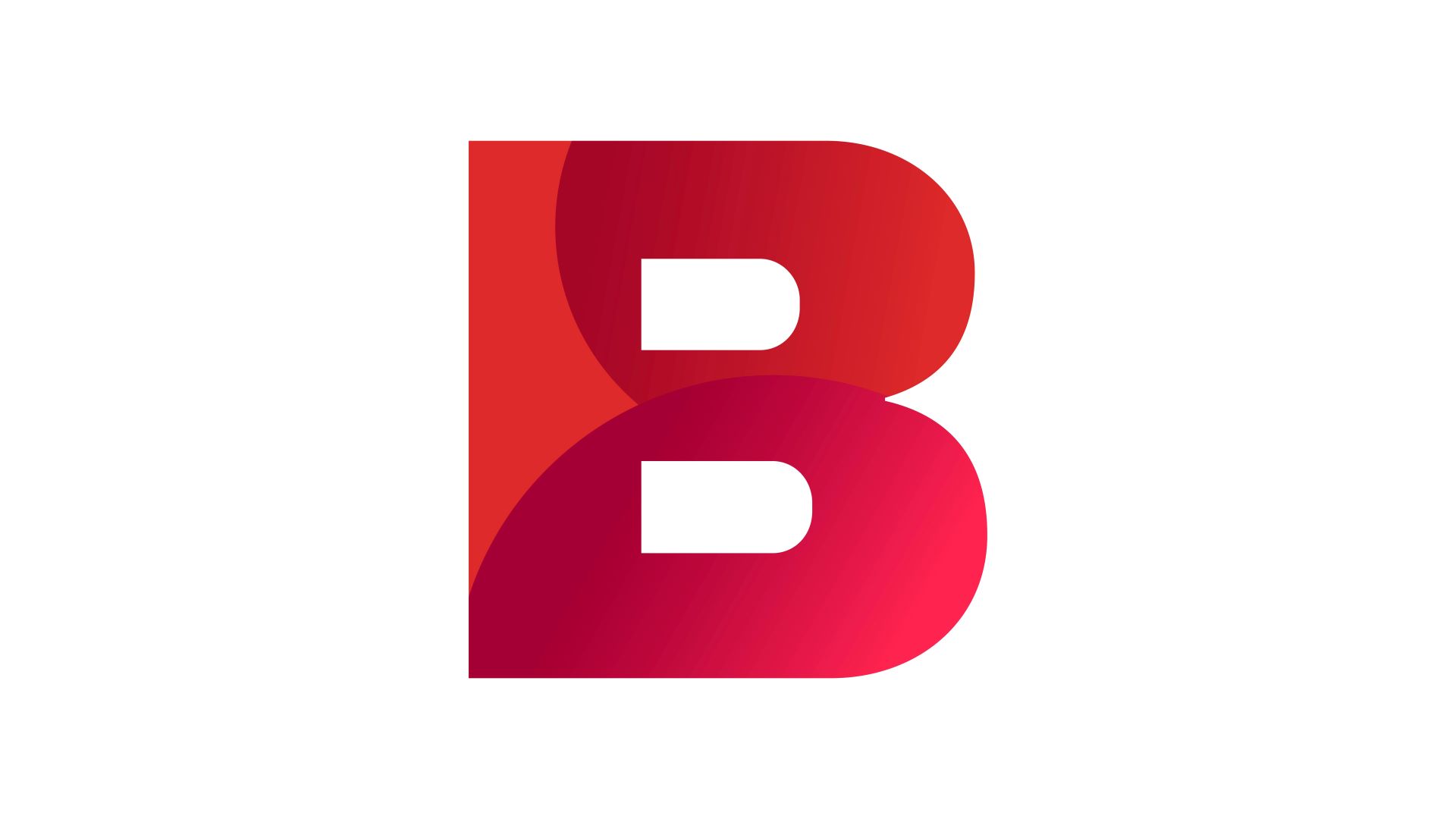B – Glossary
Basic salary refers to the fixed amount of money that an employee earns before any additional payments or deductions, such as bonuses or taxes, are applied. It is the core component of an employee’s salary, and is typically based on their job role and level of experience. Basic salary is usually stated as an annual amount, and is paid out in regular instalments on monthly basis.
Balanced Scorecard is a strategic performance management framework, organizations use to measure and manage employee performance. It provides a complete view of all organizational aspects such as organizational performance, financial measures, internal processes and employee development. Effective use of the balanced scorecard requires ongoing monitoring and evaluation to ensure that the organization is on track to achieve its goals and objectives. Organizations can improve their overall performance by taking decisions based on a balanced scorecard and achieving long-term success.
The study of human behavior and decision-making, which can inform talent management strategies such as performance management and employee engagement.
Behavioral competency is a set of individual specific behavior’s and skills that are necessary for a person to perform effectively in his role. It is often used in recruitment and performance management, as they provide a framework for evaluating and developing employee skills and abilities. By defining and assessing behavioral competencies, employers can ensure that their workforce has the necessary skills and abilities to achieve organizational goals and succeed in their roles.
The use of data and analytics to detect and eliminate unconscious bias in talent management practices, such as hiring and performance evaluations.
The use of psychological tests and assessments to measure and evaluate individual behaviors, traits, and preferences.
The study of how psychological and social factors affect economic decision making and behavior, often used in HR to understand employee motivation and engagement.
An interview technique that focuses on past behavior to predict future performance.
The study of how behavior is influenced by external and internal factors, often used in HR to understand employee motivation and engagement.
The level of preparedness of an organization’s internal talent pool for future leadership roles.
The process of managing employee benefits, such as healthcare, retirement plans, and paid time off.
A recruitment practice that removes all identifying information from job applications to eliminate unconscious bias.



